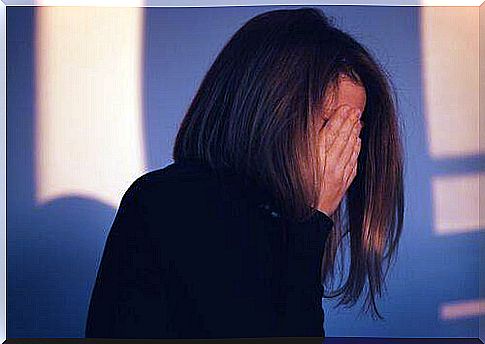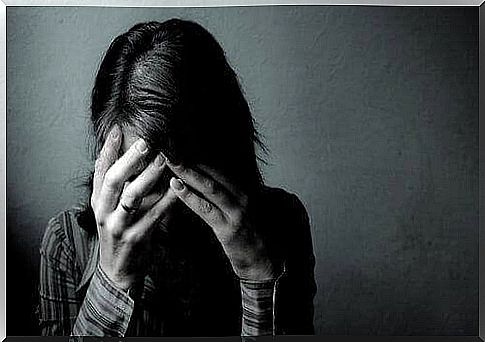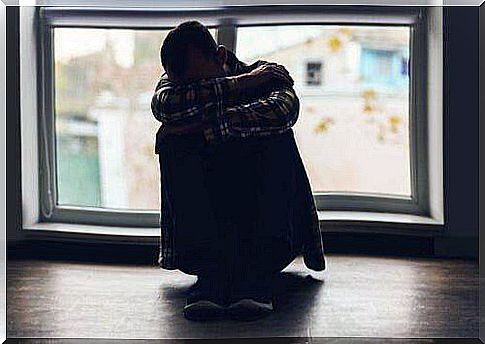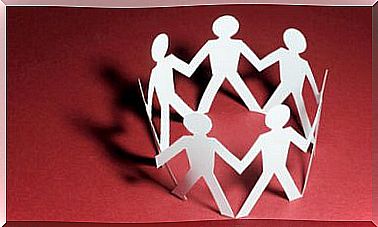Illness And Guilt: What’s The Connection?

Illness and guilt is a bad combination that affects many people. When some people have health problems, they often feel guilty. Questions like “Why me?” or “Will I be strong enough?” are questions they often ask themselves that lead to emotional problems. They even believe that they have become ill because they are weak.
Guilt is a certain form of fear. If we cultivate it in early childhood, it can block our emotional development and harm our health. Self-judgment, not feeling good enough, and a feeling of inadequacy are common among people who blame themselves for their illness.
In addition, guilt can affect our lives in many ways and lead to more suffering. For example, it can lead to self-destructive behavior.
Illness and Guilt in Mental Disorders
Mental disorders are disorders that are mainly linked to feelings of guilt. However, these conditions are not as well known as cancer or multiple sclerosis, for example. Patients who suffer from them usually do not receive the same support that people who suffer from these diseases do.

As with other illnesses, people do not choose to develop mental disorders. However, our society still does not understand this. If someone suffers from a mental state, their loved ones are more likely to react with contempt or fear because of their lack of knowledge about this disease.
Psychiatric stigma is perhaps the most significant factor negatively impacting therapeutic research and rehabilitation related to mental disorders.
This also disrupts access to treatment and compliance with medical prescriptions. It therefore hinders effective social reintegration.
In addition, stigma and social exclusion contribute significantly to individual suffering. It can worsen the prognosis of a condition. On the one hand, it does so on an individual level, linking people who suffer from a mental disorder to certain undesirable characteristics or negative stereotypes.
On the other hand, it serves as a social event, overlapping stereotypes and general social rejection.
Why do sick people feel guilty?
Why does someone who is sick feel guilty? Why is it that a cancer patient feels guilty for not having passed the treatment properly? These are very difficult questions. However, the fact that emotions are more persuasive than logic in highly emotional situations can help answer these questions.
Sometimes this guilt is justified, as is the case with lung cancer and smoking. However, in many other situations, people who get sick feel terrible because they are unable to control what has happened to them.
In these cases, they fall victim to the deceptive idea that they have control. This makes them feel responsible for things that are not in their hands.
People who experience this distortion feel responsible for everything and everyone. As a result, they get stressed out when there’s something they can’t control.
In other words, they feel responsible for everything that happens. Such reasoning can thus make sick people feel responsible. This can lead them to feel guilty about their illness.

As we can see, illness and guilt often tend to go hand in hand. This is especially true for mental disorders. It must be one of the first priorities of health professionals and the people affected by these conditions to combat these stigmas that society associates them with.








